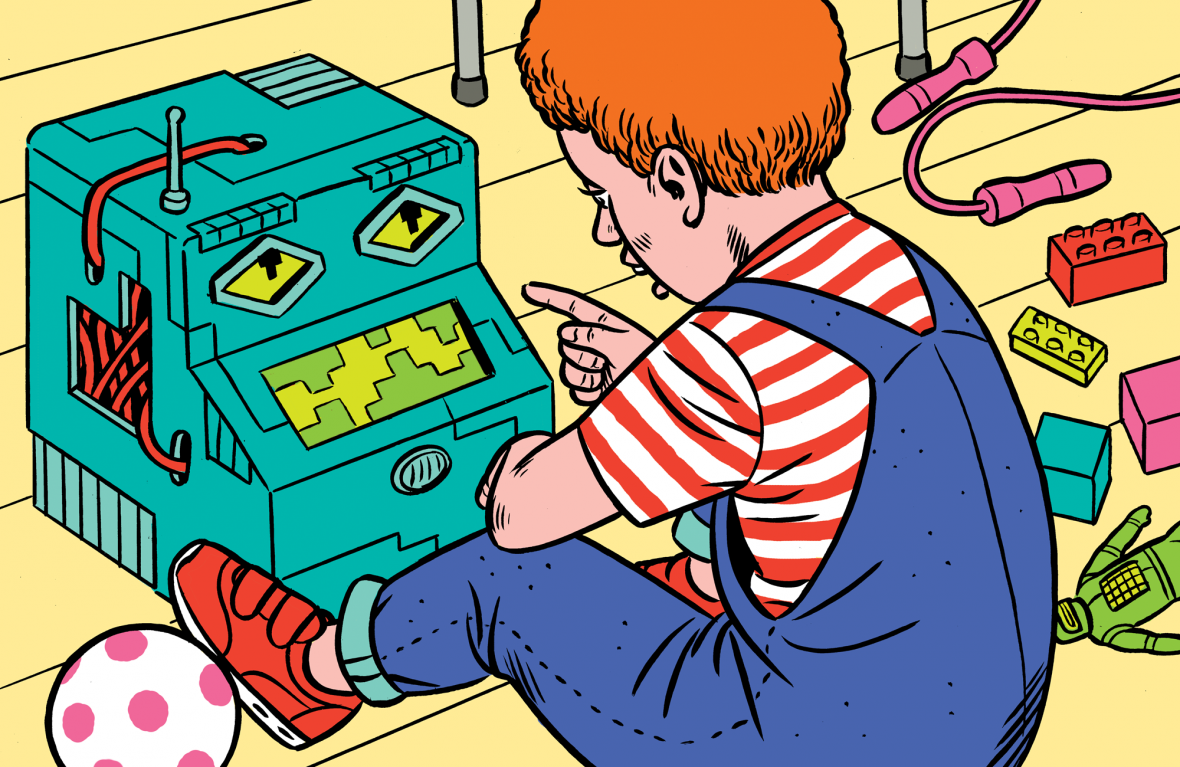Features
â—† Designed For Water and Dust Tight(IP67)
â—† Customized Designs
Micro Lever Switch,Enec Micro Switch,Ip67 Rotary Switch,Snap Action Micro Switch Ningbo Jialin Electronics Co.,Ltd , https://www.donghai-switch.com

â—† UL&ENEC&CQC Safety Approvals
â—† Long life & high reliability
â—† Variety of Levers
â—† Wide Range of wiring Terminals
â—† Wide used in Automotive Electronics,Appliance and Industrial Control etc.
When a child grows up with an audio assistant, what impact will he have?
Growing Up with Alexa
(Original title: Growing Up with Alexa)